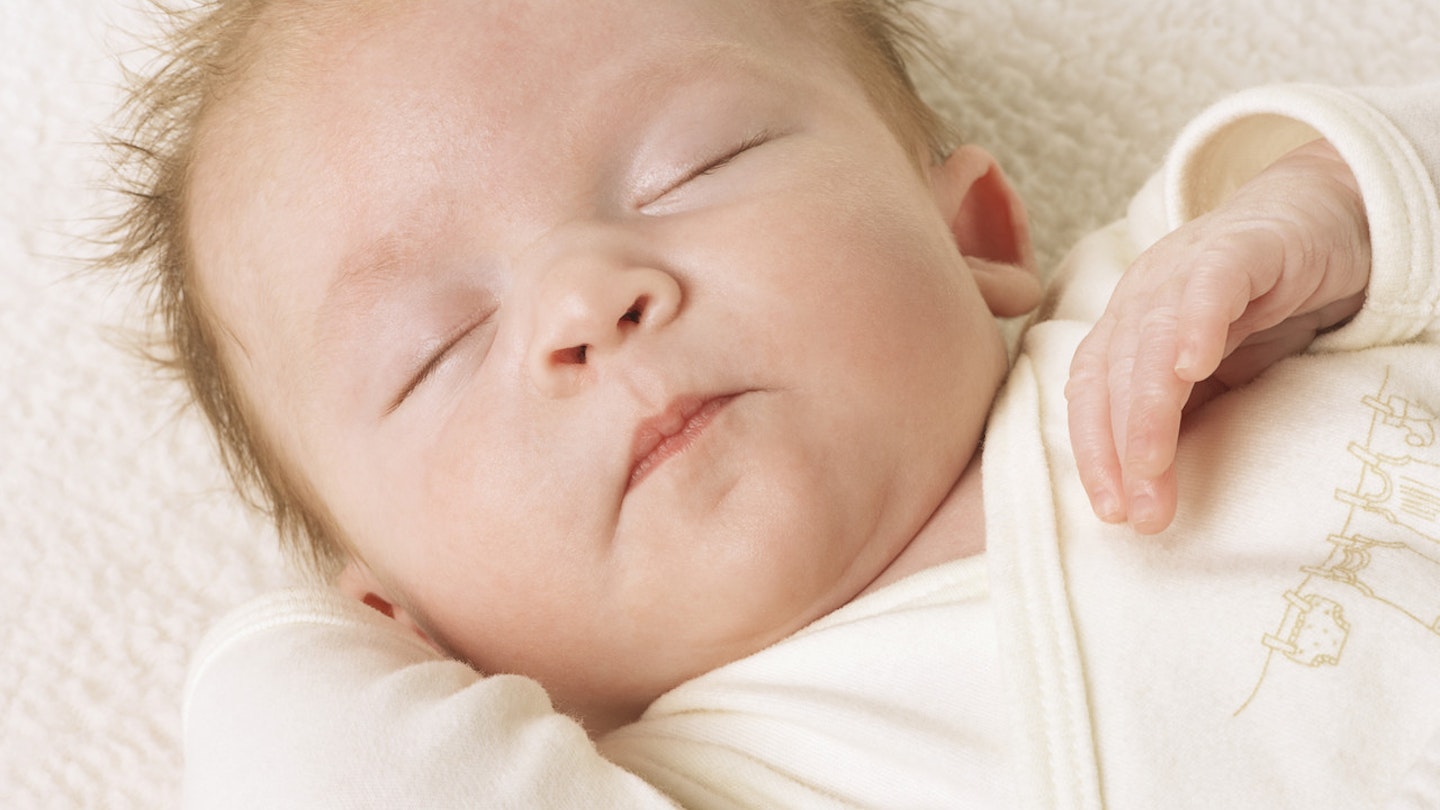From eyesight to first smiles, your baby’s early months are a miraculous journey of developmental progress
The most important thing to remember when it comes to your child’s development, is that one size doesn’t fit all, says Dr Brenda Todd, a child development expert at babycademy.co.uk: ‘The speed at which a baby learns to roll, crawl and walk doesn’t determine how bright he’ll be when he gets older. Infants all develop at different rates, so don’t fall into the trap of comparing your baby to others of the same age.’
'Don’t fall into the trap of comparing your baby to others of the same age'
Dr Kalpesh Dixit, a paediatrician from Pall Mall Medical adds: ‘Development is different for every baby. No two children develop at the same rate – not even siblings.’However, it can be comforting to have expert benchmarks about what he might be doing as he grows, so you can help him and enjoy each stage.
Newborn development stage
You may think your little bundle just sleeps and feeds, but even from day one newborns are soaking up information. ‘He’s already aware that his new surroundings – the outside world – is different to the womb,’ says Dr Todd. ‘As such he craves the womb-like environment he’s enjoyed for the last nine months. He wants to feel warm and safe so he’ll probably just want to feed and be held a lot to begin with.’
Dr Sarah Brewer, author of A Child’s World (£19.95, Headline) adds: ‘From the very early weeks babies can listen, watch and start to recognise people and objects. And from around the four- to six-week mark, you may get that magical first smile.’
Your baby can see for a distance of 20 to 30cm at this stage, so he can make eye contact with you when he’s feeding or with the person who’s holding him, but he can’t see much beyond this. His eyesight is still developing and takes around six months to establish, so he’s fascinated by very simple and contrasting patterns.
What you can do…
Stanford University researchers have discovered that babies can make out a face at just an hour old. Scientists found that newborns start to recognise faces long before other objects. It’s thought this is an instinct to help with bonding.
So keep your bond strong with lots of eye contact and close face-to-face. ‘He also likes gentle and rhythmic “ssshh-ing” sounds, as it reminds him of the sound of your blood pumping round when he was in the womb,’ says Dr Todd.
Three month development stage
By the time your baby is around three months old, he’ll have some sense of appreciation of you as a person. ‘He’ll recognise you’re his mum and will enjoy being talked to and looked at by his parents and close family,’ says Dr Todd.
He’ll also have better head control by now and will start to gently kick, wriggle and may try to roll from his back to his stomach or vice versa. His hand-to-eye coordination is getting better and he may try to bat things away, like rattles or hanging toys. He’ll also start to put things in his mouth.
'Putting objects in his mouth is easier than examining it with his hands and eyes'
Researchers from the Institute of Cognitive Sciences in France have just discovered the reasons why babies put everything in their mouths – it’s a survival instinct. Babies are hardwired to put things in their mouth to actually ‘supply’ themselves with food. ‘The other reason is it’s a way of examining objects,’ says Dr Todd. ‘His brain is learning about different textures and putting objects in his mouth is easier than examining it with his hands and eyes.’
What you can do…
It’s a great time to start verbally interacting with your baby, telling him what you’re doing and why. ‘For example, if you’re in the kitchen making breakfast, explain what you’re doing. Even though he still seems so tiny, this helps him learn about language and conversational skills,’ says Dr Todd.
For more features like this, subscribe to Mother & Baby magazine here
